Urban Infrastructure

Urban Infrastructure
Urban Infrastructure defines and plays a crucial role in urban development. They are physical systems that enable the productivity of capital and labour and contribute to the wellbeing of residents. The broad spectrum of physical Urban Infrastructure services includes the provision of water and sanitation, safe disposal of waste, transportation, power and telecommunication services that are key to economic production and growth. A larger encompassing set of infrastructure includes social infrastructure amenities such as schools, hospitals, recreational spaces etc. Sufficiency of infrastructure can contribute to the reduction of poverty, expansion of trade, and improvement in environmental conditions in an urban area. Infrastructure development is often an extensive process of financing, construction and maintenance involving an array of stakeholders. With rapid urbanization, countries in Global South require humongous investments to keep up with the infrastructure demand of their population. For Cities that ‘work’ for their residents, the infrastructure needs to be inclusive, sustainable and resilient.
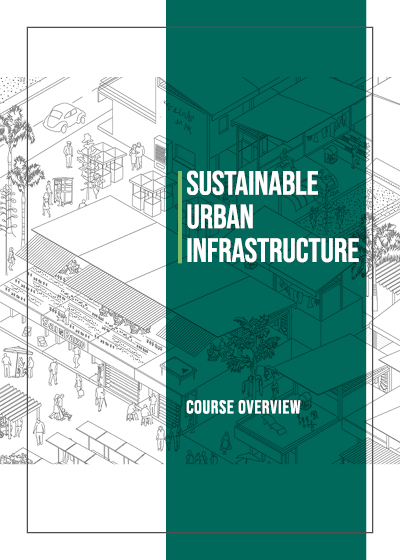
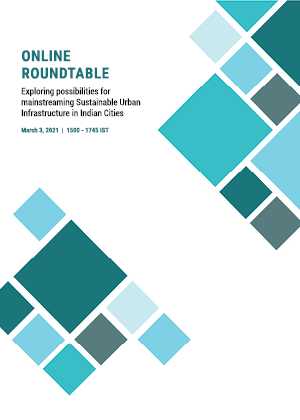

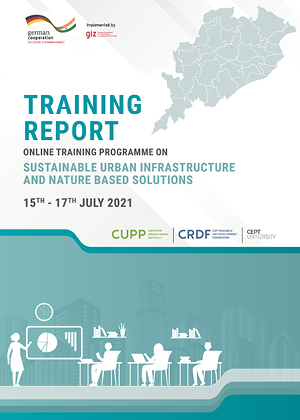

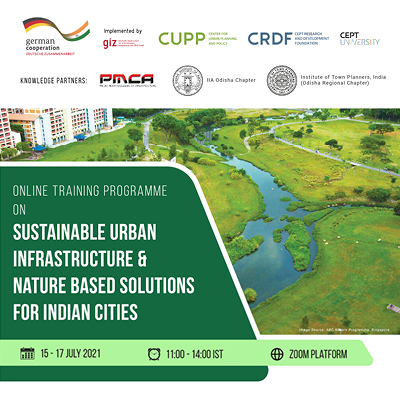
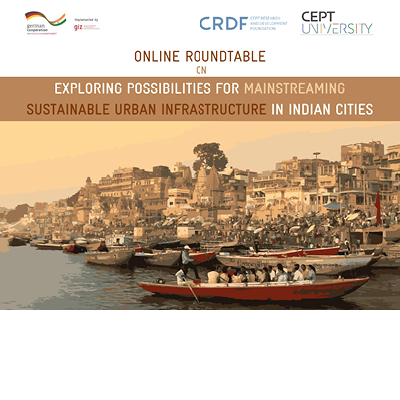




Write a public review